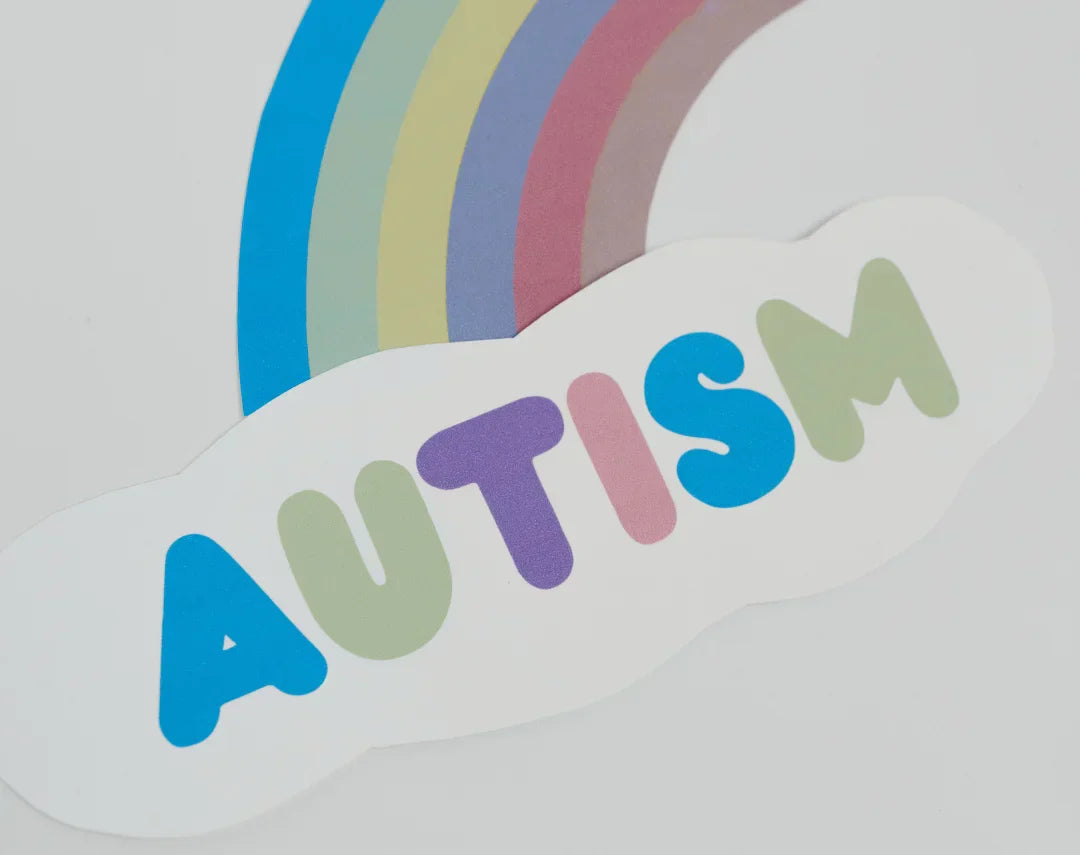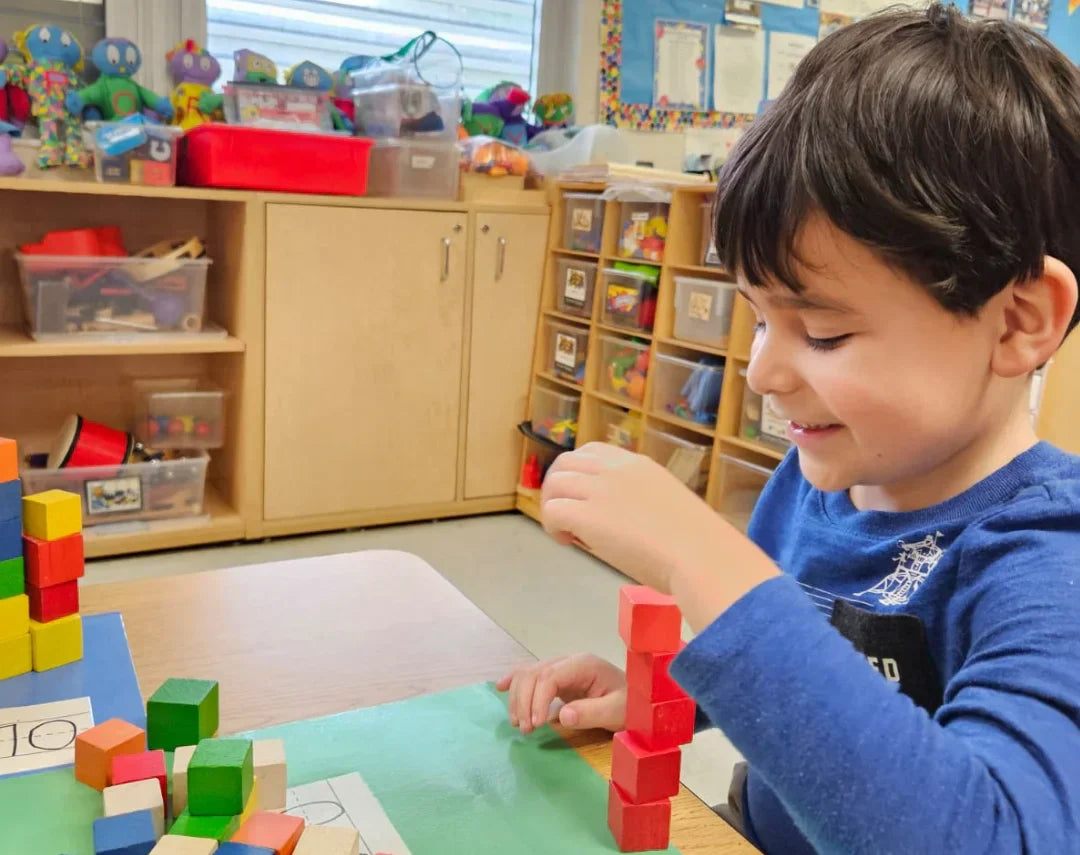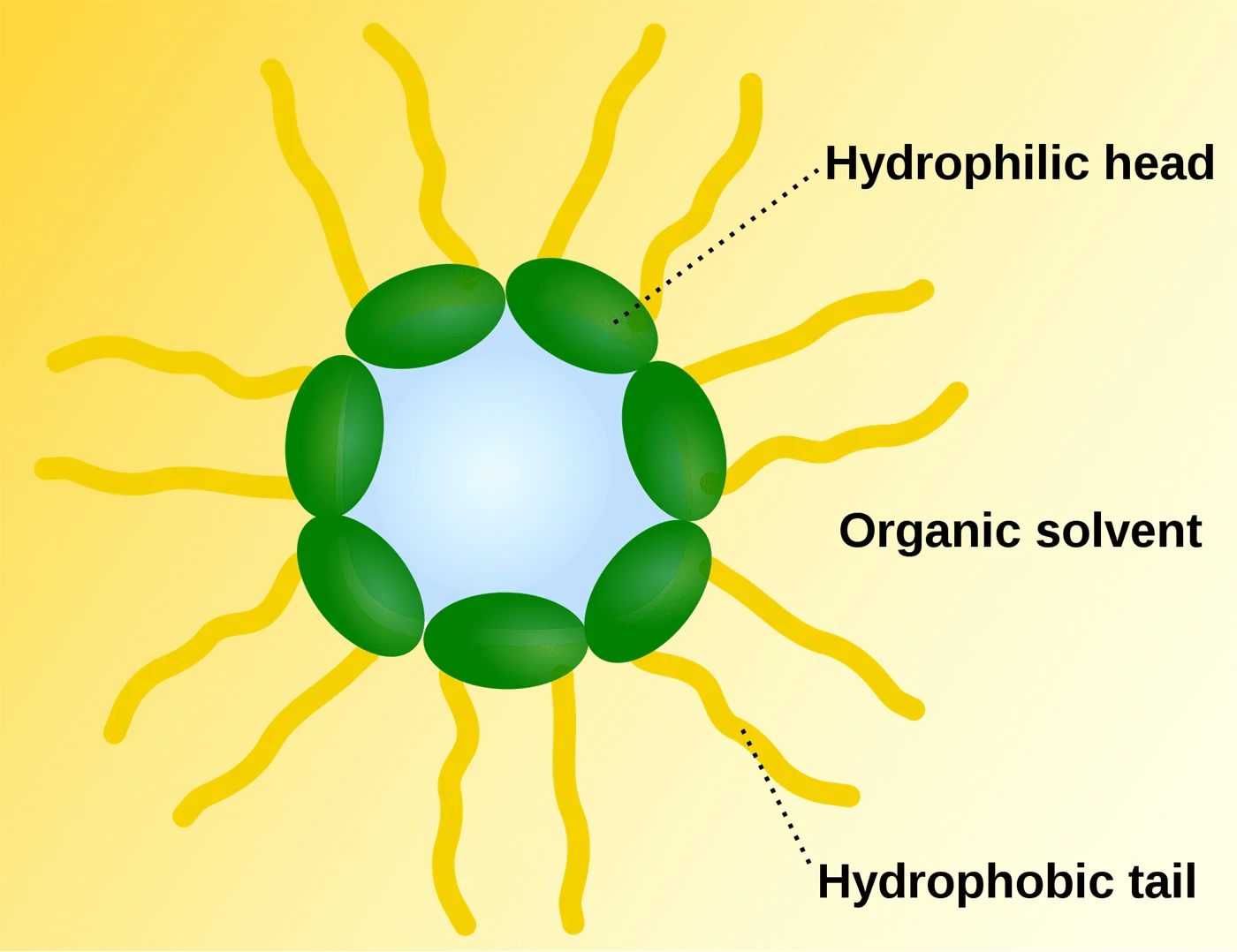
How Can I Help My Neurodiverse Child Sleep Better Naturally?
Getting your neurodiverse child to sleep soundly each night may feel like a never-ending challenge. Whether your child has ADHD, autism, or sensory processing differences, disrupted sleep is common—and often stressful for the entire family. But here’s the good news: there are natural, scientifically supported solutions at 1qsolutions.com that can help ease bedtime battles and promote consistent, restful sleep.
In this article, we’ll explore why neurodivergent children often struggle with sleep, which natural supplements (like magnesium glycinate and calming liquid vitamins) are safe and effective, and how our pediatric-formulated Relax‑1Q can become a soothing part of your child’s nightly routine.
Understanding Sleep Challenges in Neurodiverse Children
Sleep issues in neurodiverse children are often linked to sensory sensitivities, irregular melatonin cycles, and difficulty self-regulating. Understanding the root causes can help parents find the right tools to improve sleep quality.
Why Children with Autism or ADHD Often Struggle with Sleep
Children with autism spectrum disorder (ASD) and attention deficit hyperactivity disorder (ADHD) frequently experience sleep difficulties. Neurodivergent brains often operate with heightened sensitivity to sound, light, and routine disruptions, making it harder to wind down. Moreover, differences in melatonin production and circadian rhythm regulation contribute to delayed sleep onset or frequent waking.
Common Patterns: Trouble Falling Asleep, Night Waking, Early Rising
Many parents report common patterns in their neurodiverse child’s sleep:
· Long bedtime routines (sometimes taking over an hour)
· Waking multiple times a night
· Rising very early, regardless of how little sleep they had
· Daytime fatigue, irritability, or hyperactivity
These symptoms aren’t just exhausting for the child—they’re deeply taxing on family dynamics and daily routines.
The Impact of Poor Sleep on Learning, Mood, and Behavior
Poor sleep affects more than just tired eyes. Children may exhibit:
· Increased hyperactivity
· Emotional dysregulation
· Shortened attention spans
· Reduced learning retention
· Lowered immune response
For neurodiverse children, the effects can be even more pronounced, amplifying pre-existing challenges in focus, sensory tolerance, and emotional control.
Natural Sleep Aids: What Parents Need to Know
Natural sleep support supplements for kids offer a gentler approach to supporting children’s sleep. With the right ingredients, they can promote calm without the risks associated with synthetic or over-the-counter products.
Risks of Over-the-Counter Melatonin & Synthetic Sleep Products
While melatonin supplements are commonly used, they are not always ideal for young children. Overuse may disrupt the body’s natural melatonin production, and inconsistent dosing can lead to dependency or behavioral side effects. Synthetic sleep aids also risk grogginess, nightmares, and daytime lethargy, especially in sensitive children.
What Makes a Sleep Supplement “Natural”?
A natural sleep aid for children should include plant-based, gentle ingredients that support relaxation without causing drowsiness or sedation. Look for formulas that:
· Avoid artificial colors, sweeteners, or preservatives
· Use liquid vitamins for better absorption
· Support the nervous system holistically
Pediatrician-Approved Ingredients to Look For
Effective natural ingredients often include:
· Magnesium Glycinate – supports muscle relaxation and calms the nervous system
· L-Theanine – found in green tea, enhances calm focus without sedation
· B Vitamins – support energy balance and reduce irritability
Spotlight on Magnesium Glycinate: A Calming Mineral
Magnesium glycinate is a well-tolerated, highly absorbable form of magnesium that supports relaxation, reduces restlessness, and helps regulate the sleep-wake cycle in children.
How Magnesium Supports Calm and Nervous System Regulation
Magnesium plays a vital role in over 300 biochemical reactions in the body. For sleep, it helps relax muscles, regulates cortisol (stress hormone), and stabilizes the nervous system. Children who are magnesium-deficient may show signs of restlessness, anxiety, or difficulty staying asleep.
Benefits of Magnesium Glycinate Over Other Forms
Not all magnesium is created equal.
· Magnesium oxide: poorly absorbed and may cause digestive issues
· Magnesium citrate: better absorbed, but can have a laxative effect
· Magnesium glycinate: well-absorbed, gentle on the stomach, and bonded with glycine—a calming amino acid
This makes magnesium glycinate ideal for neurodiverse children with sensitive digestion and heightened sensory input.
Safe Dosing Guidelines and What to Watch For
Always follow pediatrician guidance, but general recommendations include:
· Ages 4–8: 130 mg daily
· Ages 9–13: 240 mg daily
Monitor for signs like loose stools or stomach discomfort, and adjust dosage accordingly. A liquid format helps ensure precision and adaptability.
Introducing Relax‑1Q: Doctor-Formulated for Neurodivergent Kids
Relax‑1Q combines natural calming ingredients in a liquid format designed specifically for neurodivergent children. Backed by pediatricians, it supports sleep without sedation or side effects.
Why Liquid Format Matters for Absorption
Children often struggle with tablets or gummies. Liquid vitamins for sleep are easier to digest, quicker to absorb, and allow for adjustable dosing depending on your child’s needs. Relax‑1Q’s liquid format makes it easy to incorporate into a nightly drink or directly onto the tongue.
Core Ingredients: Magnesium Glycinate, Chamomile, L‑Theanine
Relax‑1Q is designed to support both body and mind:
· Magnesium Glycinate – gentle calming mineral
· Chamomile Extract – supports emotional ease
· L‑Theanine – promotes non-drowsy relaxation and stress reduction
Together, these work synergistically to help your child transition from high-energy evenings to restful nights.
How It Was Developed by Moms, Pharmacists, and Pediatricians
Relax‑1Q is not a mass-produced formula—it was developed by a dedicated team of healthcare professionals and parents who understood the unique needs of neurodiverse children. Every ingredient is chosen with safety, efficacy, and real-world experience in mind.
Safety, Purity, and No Artificial Additives
· No artificial colors or sweeteners
· Non-GMO and gluten-free
· Third-party tested for purity
· Free from allergens like soy, dairy, and nuts
Tips to Enhance Sleep Without Medication
Creating a calming bedtime routine, limiting screen time, and using sensory tools can significantly improve sleep. These habits work well alongside natural supplements like Relax‑1Q.
Establishing Predictable Bedtime Rituals
Neurodiverse children thrive on routine. Create a simple schedule that includes:
· Bath time
· Calming activity (reading, drawing)
· Relax‑1Q drops
· Sleep environment preparation
Reducing Stimulation Before Bed (Lights, Screens, Food)
Avoid screens for at least 1 hour before bedtime. Dim the lights and offer light, low-sugar snacks if needed. Use red night lights or blackout curtains for better melatonin production.
Using Sensory Tools Like Weighted Blankets or Noise Machines
Weighted blankets can help provide grounding pressure. White noise machines or calming music also aid in creating a consistent auditory environment that helps signal bedtime.
When to Use Relax‑1Q in the Evening Routine
Administer Relax‑1Q about 30–45 minutes before desired sleep time. Consistency is key. Pair it with cuddles, stories, and quiet time to reinforce sleep cues.
Are Natural Sleep Aids Right for Your Family?
Every child is different. Evaluating your child’s needs with a healthcare provider and tracking sleep patterns can help determine if a natural aid like Relax‑1Q is the right fit.
Questions to Ask Your Pediatrician
· Are my child’s sleep challenges related to nutritional deficiencies?
· Is magnesium glycinate safe with my child’s current health conditions?
· What’s an ideal dosage based on age and weight?
How to Track Improvement (Sleep Diary Template)
Keeping a sleep journal can help:
· Identify patterns and improvements
· Spot triggers for bad nights
· Communicate clearly with healthcare providers
Include bedtime, wake-ups, total hours slept, and any supplements used.
Combining Relax‑1Q with Holistic Wellness Habits
True wellness is multi-faceted. In addition to supplements, try:
· Gentle exercise or movement during the day
· Omega-3 rich foods
· Regular outdoor time
· Mindfulness or breathing games
Frequently Asked Questions (FAQs)
Final Thoughts: Supporting Neurodiverse Kids with Compassion and Science
Helping your neurodiverse child sleep better doesn’t require synthetic chemicals or harsh sedatives. With gentle, proven ingredients like magnesium glycinate and chamomile—and the support of thoughtfully developed products like Relax‑1Q—you can reclaim bedtime as a peaceful, bonding experience.
At 1Q Solutions, we’re here to support your family with safe, natural, and science-backed supplements that meet real-world needs. If you have questions or need personalized guidance, don’t hesitate to contact us — we're always happy to help.






